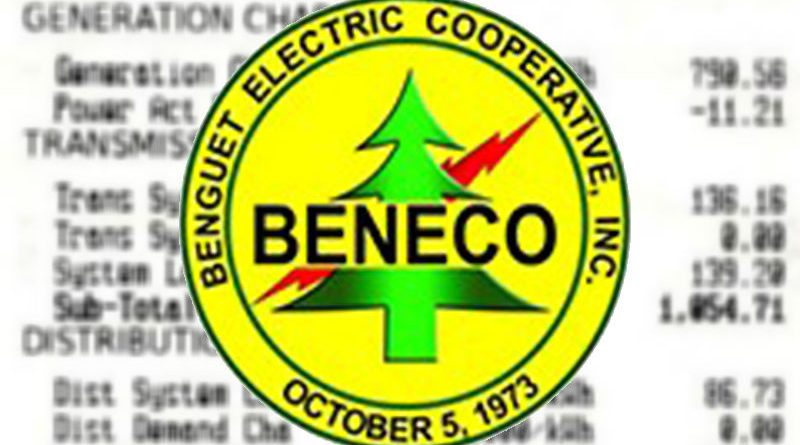HOW DO WE slow down climate change?
Just recently, another temblor hit Leyte, catching its populace scampering for cover as the earth heaved out a 6.5 magnitude shaker. In the hours following, casualty reports would inundate our consciousness, from fatalities to casualties we’ve been used. Again, it’s all about Mother Nature’s extreme behavior, and what we’ve been all taking for granted all these years.
Right here and now, the Philippines has been experiencing nature’s temper tantrums in utterly extreme conditions. When the earth shakes up, it does so in mighty heaves. When the weather turns hot, it’s very hot and deadly; on rainy days, floods occur in a matter of minutes, submerging everything on its lethal path. Archipelagic as our country is, coastal areas are shedding portions of shorelines. Elsewhere, erratic weather patterns have been taking place. Subtropical deserts are expanding; arctic glaciers are melting down.
Right here and now, we in Baguio have not been spared of the changing climes. At the slightest downpour, mountain soil loosens up; estero banks get whiplashed; erosion takes place in alarming regularity. Even our rainy months have moved further forward, from the July-August sked to an October-November timeline.
How did all these climate extremes come about in recent years? Why has Mother Earth gone mis-behaving? And what can we do, right here and now to contend with the fast-changing climatic conditions? Scientists the world over have been warning us that since 1750, human activities have relentlessly produced a 40% increase in the concentration of carbon dioxide in the atmosphere, resulting from combustion of fossil fuel principally coal, oil, natural gas, along with deforestation, soil erosion and animal agriculture.
Man’s folly has turned deadlier throughout much of the recent centuries. We’ve been abusing our fragile environment, since way way back, wreaking havoc on our precious ecosystem that has been our lifeline into the future. By 2047, the earth’s surface temperature would have drastically altered, enough to ignite mankind’s own ill-fated annihilation and extinction. And that’s just 30 short years away!
Clearly, we need to be in concert with each other, abandoning our wanton ways towards a more responsible stewardship of our planetary home. This means bringing down the level of massive pollution now afflicting the world. This means reducing strategically the greenhouse gas emissions into the earth’s atmosphere. This means exerting global pressure on the world’s leading polluters that the United States and China have become to take the lead in acting responsibly, something that can balance off what these countries have been recklessly doing without regard to the monumental mistakes committed in the name of economic might.
As individuals, this means accepting a shared effort in the global responsibility of ensuring that the next generation of inhabitants will have something of value to hand over to the next. After all, greenhouse gas emissions have been part of our common activities in life, from the motor engines we rev up to the machine industries we hum to the aging trees we topple down.
In a 2014 report of the Intergovernmental Panel on Climate Change, we are told that global emissions from human activities have become higher than ever. Accordingly, concentrations of carbon dioxide, methane, and nitrous oxide have all shown large increases since the age of industrial revolution in 1750. The biggest increase took place between 2000 and 2010 (just a decade and a half ago), generated from the energy sector (47%), industry (30%), transport (11%) and building (4%).
True, governments may have a Paris accord to guide their ways. (The US government’s withdrawal may have been a great letdown, but that’s just one man’s folly). Leaders may demonstrate resolve in ensuring that nations will abide by iron-clad agreements.
But, in the end, it is people — yes, you and I and the rest of all us — who must do its share, even at the cost of the most extreme of sacrifices to keep Planet Earth a worthy hand-over liberated from the clutches of fossil fuel, free enough to act locally as our global response beyond the borders of our self-serving attitudes, beyond the barriers that greed may impose.
After all, doing the right thing is always the right thing to do.













